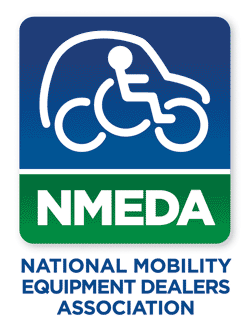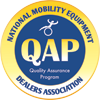
| Automotive Innovations | 1000
Main St. Bridgewater, MA 02324 (508) 697-6006 |
||
| New England's Premier Adaptive Dealer. | Certified
Collision & Auto Body Repair Center |
|
|
 |
| Aging and Driving |
As we all age, changes occur in physical functioning, vision, perception, and processing abilities that could make driving unsafe. While changes are inevitable, they occur at different rates in each individual, and age alone is not a good indicator of driving skills. Most often these changes occur slowly over a long period of time, and the individual is able to compensate for minor deficits. If several skill areas are affected, or there is a sudden change in abilities due to illness or disease, driving may become impaired. An evaluation is recommended if you, or those who drive with you, notice any of the following warning signs. Warning Signs: •Doesn't observe signs, signals, or other traffic If you or those that drive with you notice any of the above warning signs and need a driving evaluation. Give us a call at 508-697-6006 and we can, help you with with knowledge about medical conditions, and help with a comprehensive evaluation and determine your ability to drive. Impact on Driving/Transportation |
 |
Our Location: 1000 Main St Bridgewater, MA 02324 Call (508) 697-6006 for sales or call (508-697-8324 for 24 hour service. Email Us: shop@ai1.com Service - M - F 8:30AM to 4:30PM Sales - M - F 9:00AM to 6:00 PM |
|||
  |
||||